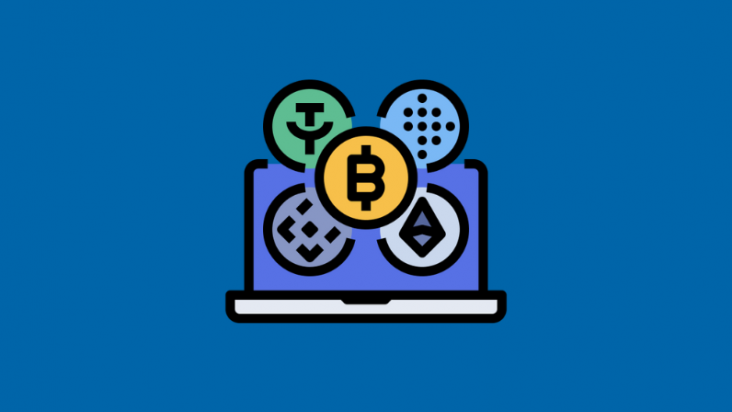
Digital assets, including cryptocurrencies, have revolutionized finance and investment in the modern era, offering unprecedented control over personal wealth and new investment avenues. They facilitate global transactions without restrictions and simplify investing in startups. Stored in digital wallets and traded on cryptocurrency exchanges, these assets allow users to trade using fiat currencies or other digital currencies.
| Name | Website | Founded | Area served | Headquarters | |
|---|---|---|---|---|---|
| | https://www.binance.com/en | July 2017 | Global, except for the United States | Unknown | |
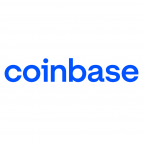 | https://www.coinbase.com/exchange | June 2012 | 100+ countries | No physical offices | |
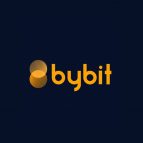 | https://www.bybit.com/en/ | March 2018 | over 200 countries | Dubai, UAE | |
 | https://www.okx.com/ | 2017 | over 100 countries except for the United States | Seychelles | |
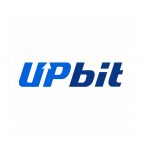 | https://upbit.com/home | October 2017 | South Korea, Singapore, Indonesia, and Thailand | Seoul , South Korea | |
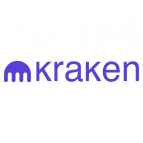 | https://www.kraken.com/ | July 2011 | Global | San Francisco, California, USA | |
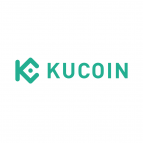 | https://www.kucoin.com/ | September 2017 | 200 countries except for the United States | Seychelles | |
 | https://www.gate.io/ | April 2013 | over 100 countries except for the United States | George Town, Cayman Islands | |
 | https://www.htx.com/ | 2013 | over 200 countries | Seychelles | |
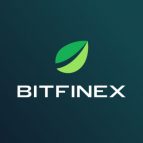 | https://www.bitfinex.com | 2012 | 52 countries | British Virgin Islands |
Exchanges play a vital role in market liquidity and stability, making trading accessible through user-friendly platforms, including mobile apps. With over 10,000 cryptocurrencies and around 400 exchanges globally, exchanges are central to the cryptocurrency ecosystem’s future growth. Here’s a look at the best cryptocurrency exchanges for 2024, selected based on their trading volume and prominence.
Best Crypto Exchanges
1. Binance

Binance, as a leading global cryptocurrency exchange, offers a broad range of features and services, including the trading of over 500 cryptocurrencies like Bitcoin, Ethereum, and Litecoin, as well as smaller coins like Shiba Inu and ICON. Binance is known for its low trading fees, generally charging 0.1% per trade, with the option to get a 50% discount when trading with Binance Coin (BNB). The platform also supports various user-friendly services like savings, staking, a Binance Visa Card, crypto loans, and Binance Liquid Swap, an automated market-maker platform. It’s important to note, however, that Binance has faced regulatory challenges in Europe, leading to the suspension of derivative trading in several countries.
Binance is particularly appreciated for its high trading volume and technology capable of processing up to 1.4 million transactions per second, offering a high chance of immediate cryptocurrency sales or purchases. However, customer support has received mixed reviews, and it’s worth noting that fiat deposits and withdrawals were not initially supported, though this has changed recently to include multiple fiat currencies.
For those in the United States, Binance.US is a tailored version of the platform, designed to comply with local regulations, offering a simplified version of the global exchange but maintaining core trading features and low fees. Despite these benefits, the U.S. platform has a smaller range of available assets and lower trading volumes compared to its global counterpart.
2. Coinbase Exchange

Coinbase is one of the leading cryptocurrency exchanges, known for its ease of use, regulatory compliance, and a broad range of services. It provides a platform for users to buy, sell, and manage cryptocurrencies, supporting a wide array of digital assets including popular ones like Bitcoin, Ethereum, and many others. The exchange is particularly noted for its user-friendly interface, making it a good choice for those new to cryptocurrency trading.
Coinbase offers several unique features and services. For instance, it provides Coinbase Commerce, allowing online merchants to accept cryptocurrencies through a dedicated plugin compatible with major CMS platforms. It’s also involved in various additional projects like the USD Coin (USDC) stablecoin, custodian services for institutional investors, the Coinbase Card which enables spending crypto with rewards, and Coinbase Borrow that allows fiat borrowing against BTC collateral. Moreover, Coinbase has launched Base, an Ethereum Layer 2 network aimed at offering a low-cost, developer-friendly environment for building decentralized apps .
However, Coinbase’s fee structure has been a point of contention for some users. The fees can be somewhat high and complex, varying by transaction type and size, payment method, and market conditions. While the platform does disclose fees before transaction completion, they’re not easily predictable upfront, which may deter fee-sensitive users.
3. Bybit

Bybit is a well-regarded cryptocurrency exchange, particularly known for its focus on derivatives and leverage trading. Launched at the end of 2018, it has quickly grown in stature, providing services like spot trading, derivatives, an NFT marketplace, and more, making it suitable for a wide range of traders.
The platform is praised for its high-performance trading engine capable of handling 100k transactions per second, ensuring swift order matching with minimal downtime. It’s also noted for being the first to offer a vast marketplace for USDC options. Bybit has progressively expanded its offerings, from BTC perpetual contracts in 2018 to various derivative products over the years. Its significant milestones include partnerships with sports teams and the launch of spot trading functionalities. As of 2024, Bybit boasts a considerable user base spread across 160 countries and offers over 200 contracts, highlighting its global reach and diverse trading options.
Bybit’s fee structure is competitive within the industry, with a maker-taker fee schedule and discounts for high-volume traders. For spot trading, fees start at 0.1%, while derivatives and perpetual contracts have lower fees, beginning at 0.03% for options and 0.06% / 0.01% for futures trading. The platform also offers a VIP program, providing further discounts for those who meet certain trading volume thresholds .
User experience on Bybit is geared towards more experienced traders, with advanced trading features and a focus on high-risk, high-reward strategies like margin trading and leveraged tokens. The platform also features a comprehensive insurance fund to protect against potential losses in derivatives trading. Despite its advanced capabilities, Bybit has implemented KYC verification, which, while enhancing security, may complicate the onboarding process for new users.
4. OKX
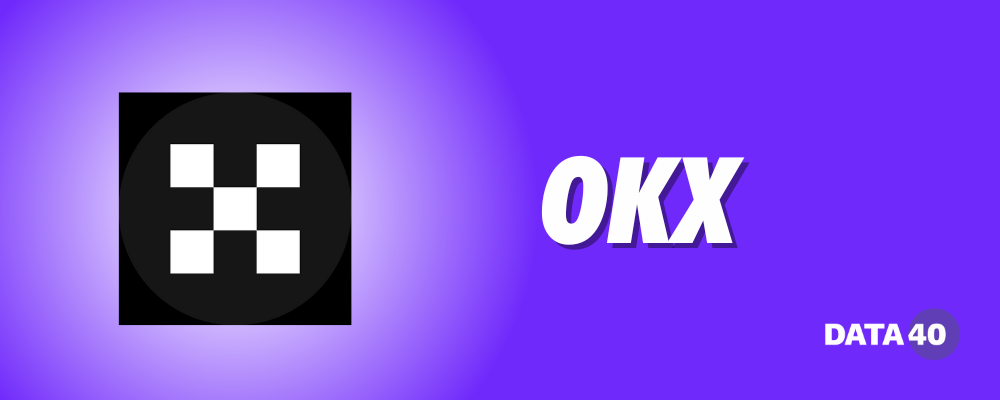
OKX, previously known as OKEx, has significantly evolved since its inception in 2013, aiming to be more than just a crypto exchange by venturing into DeFi products, NFTs, games, and metaverses. It’s recognized for its ambition to be a one-stop-shop for crypto enthusiasts with a wide array of offerings, from traditional spot and derivatives trading to innovative DeFi strategies and an NFT marketplace. OKX boasts a strong presence across over 100 countries, providing access to over 300 cryptocurrencies and more than 500 trading pairs.
One notable aspect of OKX is its strong focus on user experience, catering to both crypto novices and seasoned web3 professionals. The platform is designed to be a comprehensive solution for all crypto-related needs, encompassing a wide range of trading options, a competitive fee structure, and additional features such as a cross-platform wallet and educational resources. Furthermore, OKX is committed to security, operating a robust hot and cold wallet system to protect user funds and offering an insurance fund to manage risks in derivatives trading. The platform has also introduced two-factor authentication and other tools to enhance user security.
OKX’s trading fees are competitive, starting at 0.08% for makers and 0.10% for takers, with potential discounts for holding OKB tokens or achieving higher trading volumes. The platform also stands out for its P2P marketplace, allowing users to trade crypto using nearly 100 fiat currencies and a wide range of local payment methods without incurring transaction fees.
5. Upbit
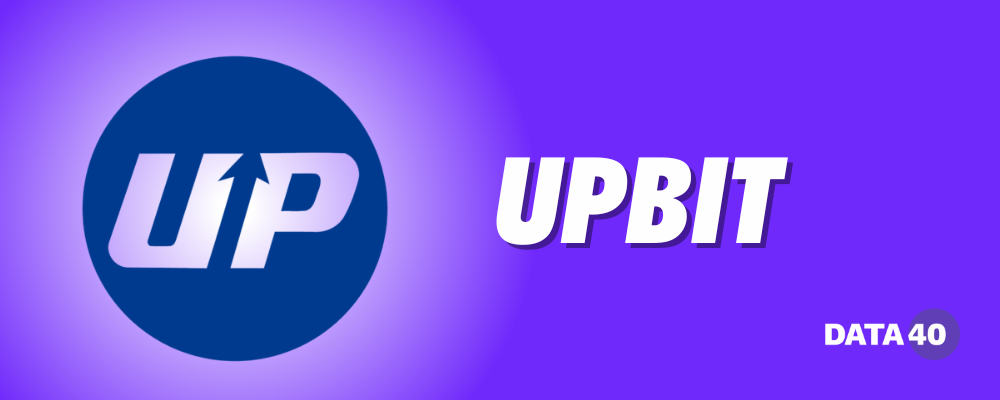
Upbit is a South Korean cryptocurrency exchange known for its robust security measures, user-friendly mobile app, and a wide array of supported digital assets. The platform offers a convenient mobile app available on both Google Play and the Apple App Store, providing features like real-time price checks, trend insights, and market data analysis. Security on Upbit is taken very seriously, employing financial institution-grade systems to ensure user data and funds are well-protected.
The exchange supports staking for various cryptocurrencies, including Ethereum (ETH) and Cosmos (ATOM), among others, allowing users to earn rewards. Upbit charges a 10% validator fee on the rewards from staking, with no additional fees incurred by users. Various order types such as limit, market, and stop-limit orders are available to suit different trading strategies. Additionally, Upbit offers P2P trading, enabling users to trade directly with each other, with Upbit acting as an escrow service to secure the transactions.
Upbit imposes trading fees, which can vary based on different factors such as event discounts or specific order types. The fees for different markets, such as SGD, BTC, and USDT markets, generally range from 0.2% to 0.25% for both makers and takers. For fiat currency transactions, users must complete Level 4 verification, which includes identity, residential address, and bank account verification.
6. Kraken
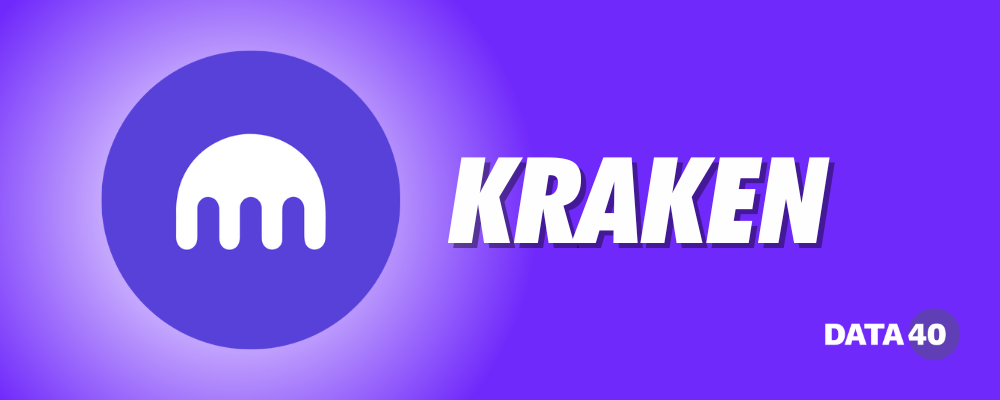
Kraken is a well-established cryptocurrency exchange founded in 2011 by Jesse Powell. It is known for its strong security measures, user-friendly interface, and support for a variety of cryptocurrencies. Kraken hasn’t experienced any major hacks since its inception, which underscores its commitment to security. It was even involved in helping to recover funds from the Mt. Gox collapse, highlighting its industry credibility.
The platform trades over 200 crypto assets, including popular options like Bitcoin, Ethereum, Tether USD, and many more. While it doesn’t offer as many assets as some of its competitors, it provides a good mix of popular and lesser-known cryptocurrencies.
Kraken has a two-tiered fee structure: “Instant Buy,” which is simpler and aimed at newer users but comes with higher fees, and Kraken Pro, which has a more competitive maker/taker fee structure that decreases with higher trade volumes. For Instant Buy transactions, fees are 0.9% for stablecoins and 1.5% for all other assets, plus an additional 0.5% if purchased via bank transfer. Kraken Pro’s fees start at 0.16% to 0.26% for trading under $50,000, with the possibility for makers to trade for free under certain conditions.
Signing up for Kraken is straightforward, requiring just an email and a strong password. Completing the KYC process is necessary to unlock all features, including fiat transactions, staking, and margin trading. Kraken also offers a referral program where users can earn BTC by referring friends.
7. KuCoin

KuCoin is a cryptocurrency exchange recognized for its wide selection of over 700 cryptocurrencies and a variety of trading options such as futures, margin trading, and trading bots. It’s particularly noted for its user-friendly platform and the security of user funds, as evidenced by its proof-of-reserves report. Although KuCoin is based in Seychelles and has offices in Singapore and Hong Kong, it serves users in over 200 countries, boasting over 30 million users. However, due to U.S. regulations, KuCoin does not officially serve U.S. customers.
For those interested in signing up, the process involves visiting KuCoin’s official website, registering for an account, and undergoing a KYC verification process to ensure security and legitimacy. After sign-up, new users have the opportunity to earn rewards by completing tasks such as making their first deposit or trade, with potential rewards including USDT and coupons valued up to 3,200 USDT.
KuCoin’s fees are among the lowest in the cryptocurrency space, with a standard trading fee of 0.1% per trade. Withdrawal fees are also competitive, costing 0.0005 BTC for Bitcoin withdrawals, and there are no deposit fees. The platform supports a variety of deposit options, catering to different user needs.
When comparing KuCoin to other exchanges like Binance, Kraken, Coinbase, and Gemini, it’s noteworthy that KuCoin offers a more beginner-friendly experience and a vast selection of cryptocurrencies. However, Binance leads in terms of the range of crypto assets, and exchanges like Coinbase and Gemini offer regulated services in the U.S. KuCoin stands out for its “Earn” feature, providing users with various tools for passive income generation
8. Gate.IO
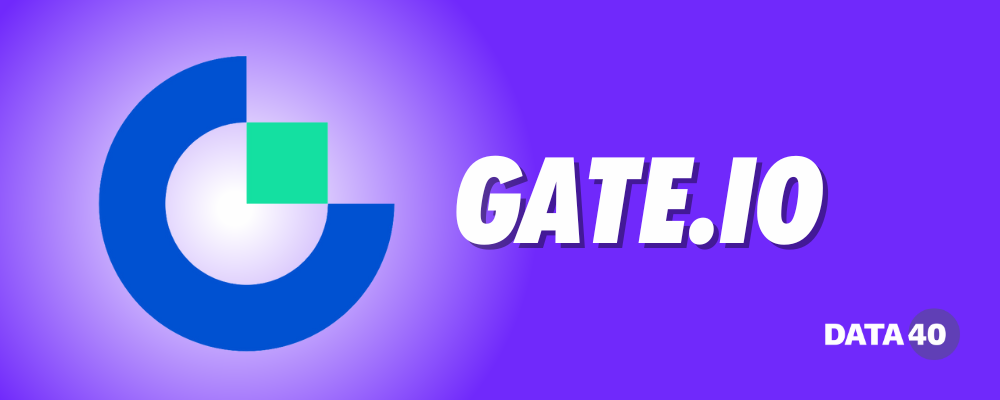
Gate.io is a crypto exchange known for its wide array of features and a vast selection of cryptocurrencies. The platform offers innovative trading options like bot and copy trading, allowing users to replicate strategies of successful traders or utilize automated trading bots without needing coding skills. Additionally, Gate.io provides a variety of structured products and investment options catering to both risk-averse and risk-tolerant investors, with products like Sharkfin offering variable interest rates based on asset price movements.
The exchange also boasts a HODL & Earn program, enabling users to earn passive rewards on over 100 assets with yields ranging from 0.15% to 150% APR. This program offers a range of products, including Lock & Earn and Sharkfin, providing flexible investment terms and variable interest based on asset price ranges.
Gate.io’s fee structure is competitive, with a base rate for trading fees set at 0.2% per transaction. There are opportunities for fee reductions based on trading volume or by using GateToken (GT) for payment. The platform also stands out for its support of a wide range of cryptocurrencies and trading pairs, offering one of the most extensive selections in the industry.
While the platform offers a robust mobile app and a user-friendly interface, it’s important to note some users have reported challenges with certain features, such as fiat withdrawals, which are not supported by Gate.io. The exchange emphasizes security, employing a mix of hot and cold wallet storage and subjecting itself to external security audits to safeguard user funds.
9. HTX
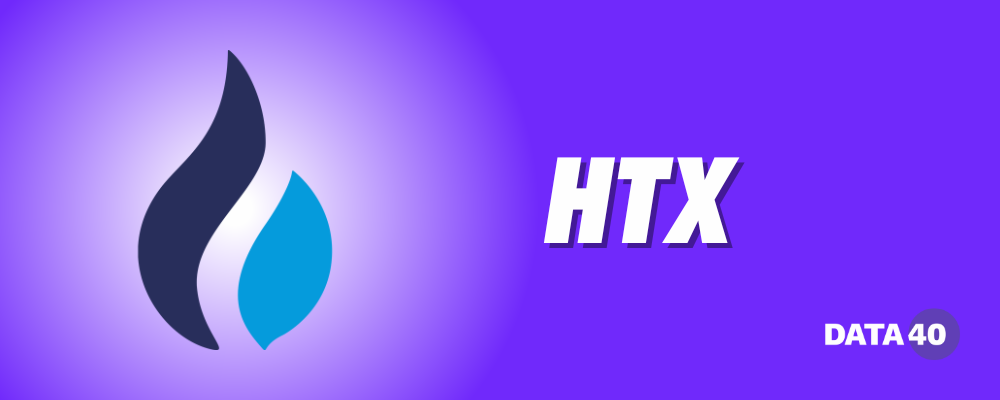
HTX, formerly known as Huobi Global, is a prominent cryptocurrency exchange that was established in 2013. Initially founded in China, it has expanded globally and is recognized for its wide range of digital assets, competitive fees, and diverse payment options. The platform is particularly favored for its deep liquidity across both spot and derivatives trading pairs and offers a user-friendly interface along with a mobile app, making it accessible for both beginners and experienced traders.
The exchange is headquartered in Seychelles and holds various licenses, including a Digital Asset Trading License from the Ministry of Finance of Thailand and a Compliance License from the Japan Virtual Currency Exchange, among others. However, it’s important to note that HTX is unregulated in certain jurisdictions.
One of the standout features of HTX is its Finance/Earn features, allowing users to earn through various financial products. The platform also offers margin trading with leveraged trading up to 5x for spot markets on over 80 tokens and Leveraged Exchange Traded Products (ETPs) with 3x leverage built directly into the underlying asset. For derivatives trading, HTX provides traditional futures, perpetual swaps, coin-margined futures, USDT-margined futures, and options, with leverage up to 200x on certain products.
HTX supports a vast range of cryptocurrencies, boasting over 500 spot cryptocurrencies listed. Its native token, Huobi Token (HT), is used within the platform for various purposes, including fee discounts (coin bureau). The exchange has a solid security reputation, employing strong measures to protect users’ assets and data.
It’s worth mentioning that users located in the US and UK are not supported by HTX due to regulatory restrictions. Therefore, it’s crucial for potential users to consider their residency and local regulations before deciding to trade on HTX.
10. Bitfinex
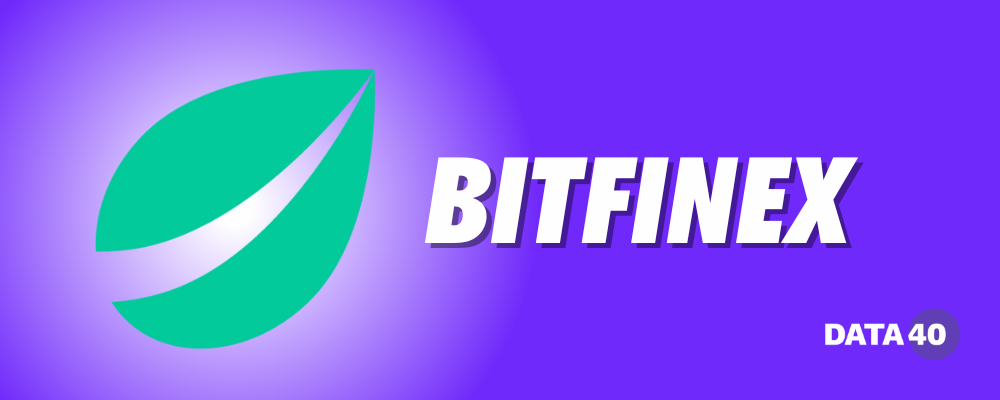
Bitfinex is a cryptocurrency exchange that caters mainly to advanced traders, offering a wide range of services including spot trading, margin trading with up to 10x leverage, staking, lending, and derivatives trading. The platform supports a vast array of cryptocurrencies, with over 150 different coins available for trading. It is known for its low trading fees, starting at 0.10% for makers and 0.20% for takers, and a tiered discount system that reduces fees for high-volume traders.
One unique feature of Bitfinex is its leaderboard, where traders can gain recognition and build a following by adding their Twitter handles. The platform also offers staking rewards up to 8% APY on ten different assets and has integrated Bitrefill for purchasing goods with crypto directly through the exchange.
For beginners, Bitfinex might seem intimidating due to its complex interface and advanced features. However, it does offer paper trading for those looking to practice their trading skills before committing real funds. The platform’s connection with the stablecoin Tether and its parent company, iFinex Inc, has also drawn regulatory scrutiny and legal issues over the years.
Choosing the Best Cryptocurrency Exchange
In conclusion, it should be noted that cryptocurrency exchanges play an extremely important role in the growth and development of the cryptocurrency industry. All crypto exchanges are completely different, as you can see. So initially you need to study the ratings, reviews, opportunities and risks. Choose those exchanges which you like, compare them with each other and study them in detail. Analyze, so you will understand which exchanges you can trust your capital to.
According to CER.live, some of the most secure crypto exchanges include Crypto.com, Kraken, Binance, and Coinbase. These exchanges are highly rated for their robust security measures, such as two-factor authentication, cold storage, regular security audits, and comprehensive insurance policies.
Kraken is often cited as the most secure exchange, as it is the longest-standing exchange that has never been hacked. Kraken's exceptional security measures include Kraken Security Labs, an arm of the company dedicated to offering security services to other crypto businesses.
Yes, cryptocurrency exchanges can be shut down for various reasons including exit scams, hacking, regulatory issues, and insolvency. It's essential to choose exchanges with strong security practices and regulatory compliance to mitigate these risks.








